
Allied Health courses in Bundaberg
Course providers in Bundaberg
The following providers offer Allied Health courses in Bundaberg.



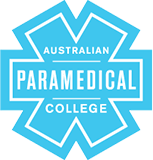







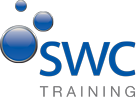






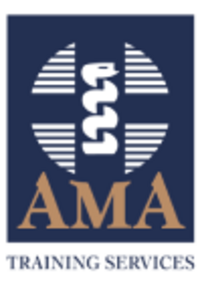

















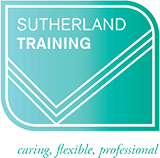











Career Pathfinder
Skills shortages + AI Exposure
Discover in-demand careers and understand how each role may be impacted by AI and automation.
- See in-demand occupations across Australia
- Check AI Exposure ratings
- Compare training duration and average income
Common questions
Occupational therapists help patients perform tasks in daily life, while physiotherapists help patients improve their movement, strength and function. The term occupation refers to everyday life tasks, while physiotherapy refers to physical therapy. Both are science-based allied health roles that aim to improve quality of life through prevention, maintenance and treatment.
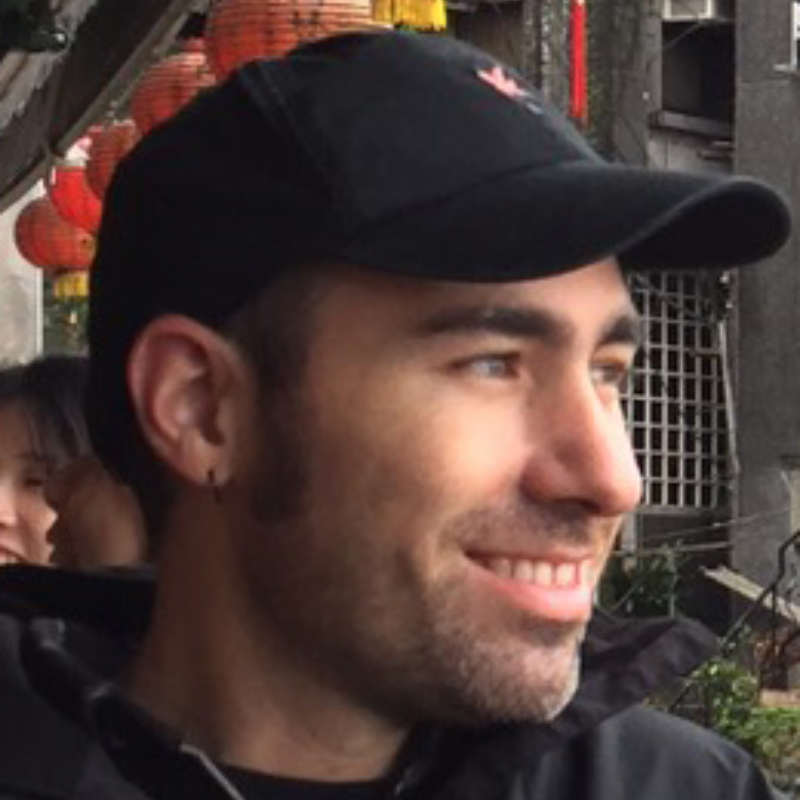 Stephen Charlton
Stephen Charlton
You can become qualified to work as an occupational therapist by completing one of the following degrees, depending on your educational pathway:
- Master of Occupational Therapy (postgraduate degree)
Average duration: 24 months - Bachelor of Occupational Therapy (Honours)
Average duration: 4 years - Bachelor of Occupational Therapy
Average duration: 4 years
 Stephen Charlton
Stephen Charlton
You can become qualified to work as a physiotherapist by completing one of the following degrees, depending on your educational pathway:
- Doctor of Physiotherapy (postgraduate degree)
Average duration: 3 years - Master of Physiotherapy (postgraduate degree)
Average duration: 24 months - Bachelor of Physiotherapy (Honours)
Average duration: 4 years - Bachelor of Physiotherapy
Average duration: 4 years
 Stephen Charlton
Stephen Charlton
Yes, you need to complete an accredited degree to work legally as an occupational therapist or physiotherapist in Australia. The two core pathways are completing a bachelor’s degree or a postgraduate degree. The Occupational Therapy Council of Australia and Australian Physiotherapy Council are responsible for accrediting such courses.
 Stephen Charlton
Stephen Charlton
Yes, overseas-qualified practitioners can work in Australia by registering with the Occupational Therapy Board of Australia or Physiotherapy Board of Australia. Practitioners who are currently registered with the Occupational Therapy Board of New Zealand or Physiotherapy Board of New Zealand can apply directly for Australian registration. Other overseas-qualified practitioners have to fulfil the requirements listed on the relevant webpages of the Occupational Therapy Board of Australia and Physiotherapy Board of Australia.
 Stephen Charlton
Stephen Charlton
If you have already completed an approved degree in a different discipline, you can gain an accredited postgraduate degree to become qualified to work as an occupational therapist or physiotherapist. Examples of such degrees are a Master of Occupational Therapy, Master of Physiotherapy and Doctor of Physiotherapy. Postgraduate degrees in these fields may have additional entry requirements, including but not limited to health-related prerequisite subjects.
 Stephen Charlton
Stephen Charlton
In some cases, completing vocational education and training (VET) in a related discipline can allow you to meet the entry requirements for a bachelor’s degree in these fields. Entry requirements vary between educational providers. Some providers offer a VET entry pathway with a minimum of a Certificate IV, but others require a minimum of a diploma or advanced diploma. Some providers do not offer a VET pathway for these courses at all. Therefore, it’s wise to confirm the entry requirements for your desired bachelor’s degree before starting a VET course.
 Stephen Charlton
Stephen Charlton
In addition to completing an accredited degree, occupational therapists and physiotherapists will need to register with the Occupational Therapy Board of Australia or Physiotherapy Board of Australia to work in Australia. The Australian Health Practitioner Regulation Agency (AHPRA) administers practitioner registration on behalf of these boards. There are different requirements to gain registration for Australian-qualified practitioners, New Zealand-registered practitioners, and other overseas-qualified practitioners.
 Stephen Charlton
Stephen Charlton
Career paths for these professions include independent contracting, starting a practice, working in community care, paediatrics, mental health, rehabilitation, disability, medical or aged care sectors).
 Stephen Charlton
Stephen Charlton
Jobs and Skills Australia reports that the median full-time weekly earnings for occupational therapists and physiotherapists in 2024 are $1,526 and $1,710, respectively. These figures can be contrasted with Australian workers of all occupations, who earn a median full-time weekly income of $1,697.
 Stephen Charlton
Stephen Charlton
There is a significant demand for occupational therapists across Australia. Jobs and Skills Australia’s Occupation Shortage List indicates that the labour market had a shortage of occupational therapists across all states and territories from 2022 to 2024.
 Stephen Charlton
Stephen Charlton
There is substantial demand for physiotherapists in Australia. Jobs and Skills Australia’s Occupation Shortage List indicates that the labour market experienced a shortage of occupational therapists and physiotherapists in most states and territories from 2022 to 2024.
 Stephen Charlton
Stephen Charlton
Working as an occupational therapist or physiotherapist comes with the satisfaction of directly helping to improve patients’ quality of life. Furthermore, the job market is promising, as Jobs and Skills Australia reports there is significant labour market demand for both professions. The future outlook is also positive, as Jobs and Skills Australia reports that the annual employment growth in 2024 for occupational therapists and physiotherapists is 2,200 and 4,100, respectively.
 Stephen Charlton
Stephen Charlton
Further reading


What can you do with a Certificate IV in Allied Health Assistance (Physiotherapy)?
3rd March 2022
What can you do with a Certificate III in Allied Health Assistance?
8th January 2020All courses
- HLT33021 Certificate III in Allied Health Assistance
- HLT47321 Certificate IV in Health Administration
- CHC43315 Certificate IV in Mental Health
- CHC53315 Diploma of Mental Health
- HLT52021 Diploma of Remedial Massage
- HLT41120 Certificate IV in Health Care
- HLT54121 Diploma of Nursing
- Graduate Certificate in Sports Medicine
- Bachelor of Speech Pathology
- Master of Sports and Exercise Physiotherapy
- 10735NAT Course in Disability First Aid
- CHCSS00131 Individual Support - Home and Community (Ageing)
- Bachelor of Occupational Therapy (Honours)
- Bachelor of Clinical Exercise Physiology
- Master of Social Work (Qualifying)
- Master of Public Health (Global Health)
- Bachelor of Physical Education and Sport Science
- HLT43015 Certificate IV in Allied Health Assistance (Community Rehabilitation)
- Undergraduate Certificate in Health Care Communications
- HLT31220 Certificate III in Basic Health Care
- Bachelor of Science (Physiology)
- HLT33115 Certificate III in Health Services Assistance (Assisting in Nursing Work in Acute Care)
- Master of Occupational Therapy
- BSB40212 Certificate IV in Business (Health Practice Managers)
- HLTPAT001 Identify and respond to clinical risks in pathology collection
- BSB30120 Certificate III in Business (Medical Administration)
More about Allied Health courses
Explore the diverse range of Allied Health courses in Bundaberg, a vibrant coastal city in Queensland, Australia. With 4 available courses tailored to different experience levels, aspiring health professionals can find the perfect opportunity to kickstart or advance their career in this rewarding field. From beginner-friendly options to advanced degrees, Bundaberg offers valuable educational possibilities for everyone.
For those beginning their journey in the Allied Health sector, consider enrolling in the Certificate III in Individual Support (Disability) CHC33015, a vital qualification for those interested in providing care to individuals with disabilities. Alternatively, the Chronic Disease Self-Management course empowers learners to assist patients in managing chronic conditions effectively. Both courses are perfect for individuals without prior qualifications who are eager to make a difference in the community.
For seasoned professionals seeking to advance their careers, Bundaberg offers the prestigious Bachelor of Occupational Therapy (Honours) and the Bachelor of Physiotherapy (Honours). These degrees are recognised and respected across the sector and are designed to equip students with advanced skills and knowledge needed for impactful practice. Choose from these exceptional courses to ensure your expertise is at the forefront of Allied Health innovation.
Numerous local training providers are available in Bundaberg for face-to-face learning, enhancing the educational experience with hands-on opportunities. Institutions such as Central Queensland University (CQU) and Career Employment Australia (CEA), along with Simple Solutions Training Services, offer a supportive learning environment that fosters professional growth and development.
Diving deeper into the specialised areas of the Allied Health field, learners can explore additional categories such as Oncology, First Aid, and Alternative Health and Holistic Medicine. Each category provides unique pathways for professional development, ensuring students can find a course that aligns with their passions and career aspirations. Take the first step towards a fulfilling career in Allied Health today by exploring the courses available in Bundaberg.
